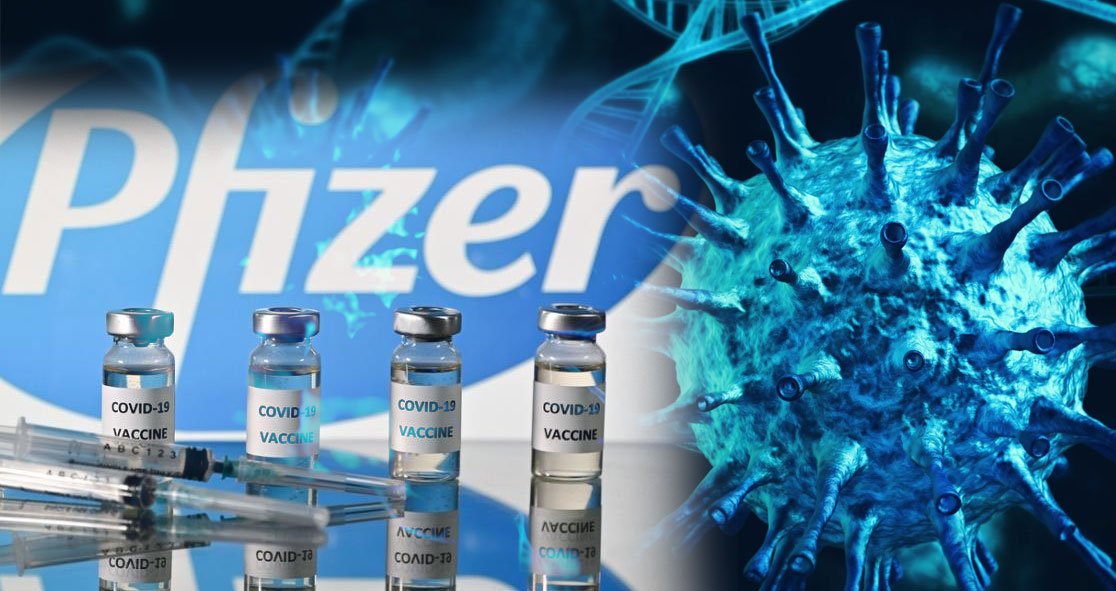South African researchers have recently said that the Omicron variant significantly reduces antibody protection generated by Pfizer-BioNTech’s vaccine, according to CNBC.
However, the researchers, who published their study Tuesday, said people who have recovered from the coronavirus and received a booster shot are likely to have more protection from severe illness.
Prof. Alex Sigal of the Africa Health Research Institute and others scientists tested blood samples of 12 people who had previously been vaccinated with the Pfizer-BioNTech COVID vaccine.
The researchers were looking specifically at how well antibodies produced by the vaccine can neutralize the Omicron variant. They found a 41-fold drop in the ability of the antibodies to neutralize the new variant compared with the original virus, according to the news outlet.
Previous research has found that vaccine-induced antibodies dropped threefold in the ability to neutralize the Beta variant, which was first identified in South Africa, suggesting Omicron is much better at evading protection.
The authors of the current study wrote, “The results we present here with Omicron show much more extensive escape” than the beta variant. “Previous infection, followed by vaccination or booster is likely to increase the neutralization level and likely confer protection from severe disease in Omicron infection.”
Infectious disease specialist Dr. Paul Offit told CNBC that the study findings suggest fully vaccinated people may have a higher risk of mild infection from Omicron compared to the previous strains.
He said, “I think that there’s still going to be protection against serious illness. I think with either vaccination or natural infection or both. You’re going to be protected against serious illness.”
Earlier Tuesday, Pfizer CEO Albert Bourla said the company could develop a vaccine that specifically targets the Omicron variant by March 2022 if needed. He said it would take a few weeks to get more definitive data on whether the current vaccine provides enough protection against the new variant.
Omicron, first identified in Botswana, has more than 30 mutations that generally make viruses more contagious.
Dr. Anthony Fauci, White House Chief Medical Advisor told reporters Tuesday that data from South Africa on new cases of Omicron “clearly argues towards a high degree of transmissibility.”
However, he said it is too early to conclude that Omicron causes more severe illness.
Bourla said that a strain that spreads fast but causes milder symptoms is not necessarily good news. He said, “I don’t think it’s good news to have something that spreads fast. Spreads fast means it will be in billions of people and another mutation may come. You don’t want that.”























